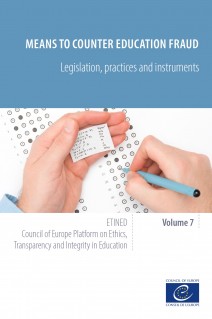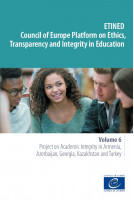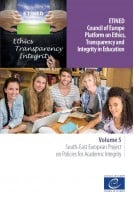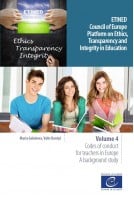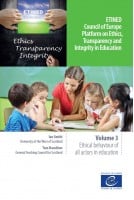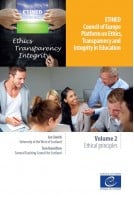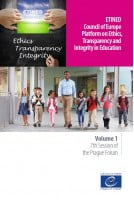In July 2022, the Committee of Ministers of the Council of Europe adopted Recommendation CM/Rec(2022)18 aimed at assisting its member states in combating fraud in the field of education. The recommendation followed four years of work in the framework of the ETINED platform of the Council of Europe on ethics, integrity and transparency in education, and addresses the need for a common European approach in this field.
This new international standard is structured in four dimensions: prevention, prosecution, international co-operation and monitoring. The text makes six main recommendations to member states of the Council of Europe:
► to promote high-quality education by eliminating education fraud;
► to protect pupils, students, researchers and staff at all levels of education from organisations and individuals engaged in selling (and advertising) fraudulent services;
► to provide support for the implementation of preventive and protective measures, as well as a culture of equality of opportunity at all levels and in all sectors of education and training, and in the transition between these sectors;
► to monitor technological developments that could support new forms of fraud;
► to facilitate international co-operation in the field;
► to support wide dissemination of the recommendation.
The research studies in this book analyse the situation in countering education fraud in some member states at the time when the recommendation was adopted and give suggestions for consistent implementation of it in the future.
LIST OF FIGURES AND TABLES
INTRODUCTION
CHAPTER 1 – LEGAL RESPONSES TO EDUCATION FRAUD
CHAPTER 2 – CASE LAW ON EDUCATION FRAUD
CHAPTER 3 – THE ROLE OF ENIC–NARIC NETWORKS IN COUNTERING DIPLOMA MILLS
CHAPTER 4 – THE ROLE OF CODES OF ETHICS: BUILDING A CULTURE OF ETHICS AND INTEGRITY IN HIGHER EDUCATION
CHAPTER 5 – THE DIGITAL ALTERNATIVE
CHAPTER 6 – ACTIVE ASSESSMENT
REFERENCES AND RESOURCES
ABOUT THE AUTHORS
